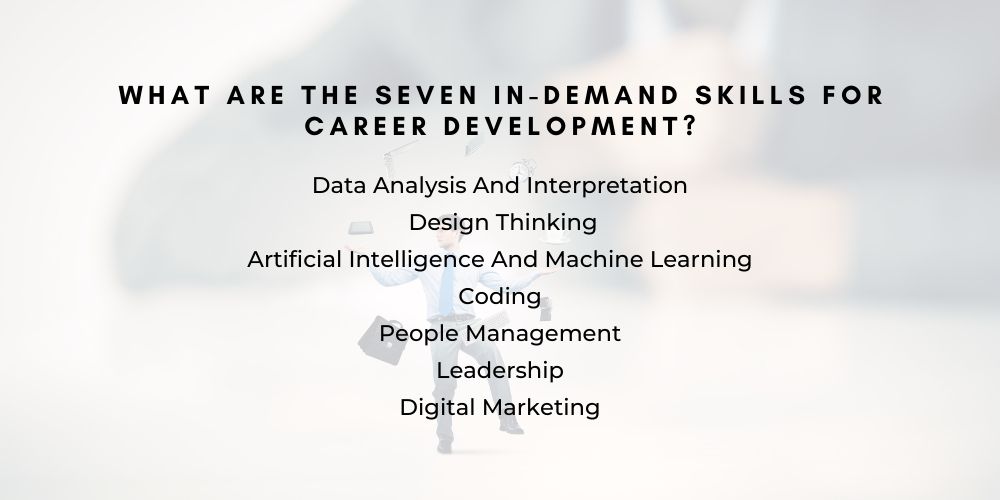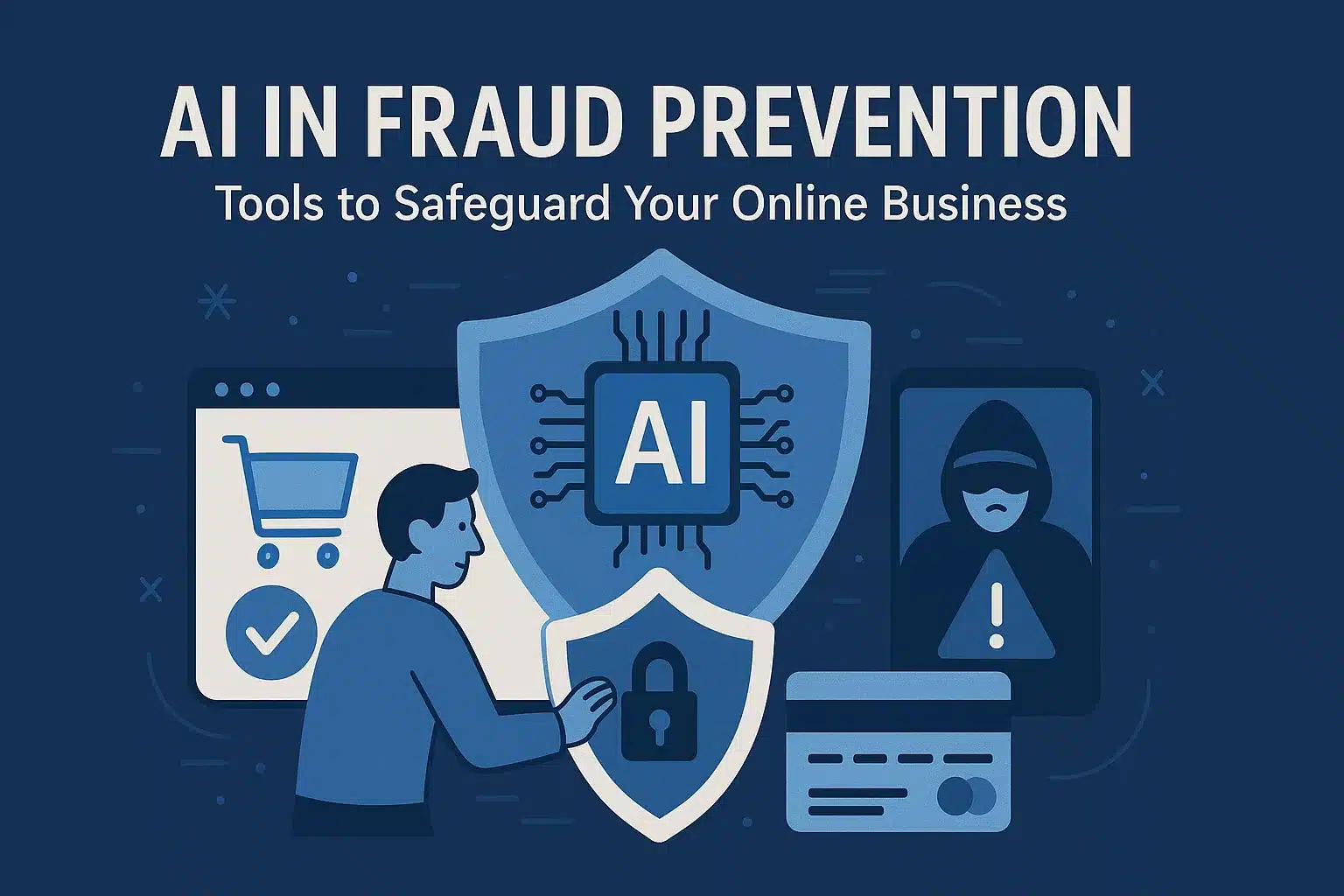Every day it seems like there’s another new skill that employers are looking for in job candidates.
Regarding careers, everyone has an idea of what they want to do.
The good news is that you can use these seven skills as a guidepost for your career development.
1. Data Analysis And Interpretation
Data analysis is the process of:
-
inspecting;
-
cleansing;
-
transforming and modeling data to discover helpful information;
-
suggesting conclusions; and
-
supporting decision-making
-
You can define data interpretation as data analysis to draw meaningful conclusions.
The two skills are critical to many careers but differ in nature.
While data analysis is more quantitative, data interpretation incorporates an element of subjectivity and context.
Data analysts usually work in teams on projects that involve large volumes of structured or unstructured data.
Their work involves analyzing this information so it’s understandable to others who need to be more knowledgeable about computer science or mathematics.
The analyst must also be able to present their findings using visual displays such as charts or graphs when appropriate.
2. Design Thinking
Design thinking is a problem-solving framework.
It is a process used in many fields, including the following:
-
Business;
-
Education;
-
Healthcare; and
-
Engineering
It involves creating and evaluating many possible solutions to a problem through a series of steps:
-
Understand the challenge (define the context)
-
Define innovative ideas (create new possibilities)
-
Develop solutions (develop multiple solutions)
-
Implement practical solutions (test all solutions with customers or stakeholders)
3. Artificial Intelligence And Machine Learning
Artificial Intelligence (AI) and Machine Learning (ML) are two fundamental skills in today’s world.
AI is used in many industries, including healthcare, finance, retail and even education.
It can automate tasks requiring human decision-making or interaction with other humans, such as
-
scheduling meetings; or
-
making phone calls on behalf of an employee with too much work.
Machine learning involves algorithms that learn from data without being explicitly programmed.
It is—in other words, self-learning.
An excellent example of this is how:
-
Netflix uses algorithms to predict what movies you’ll like based on your viewing history;
-
Amazon also uses algorithms technology when recommending products based on previous purchases;
-
Spotify uses algorithms when suggesting songs you might like through personalized playlists.
4. Coding
Coding is a valuable skill for anyone, regardless of their career path.
Thanks to the wealth of online resources, you can also learn this skill online.
Coding is used in various fields, from web development and coding to data analytics and system administration.
The use of coding in any industry you can think of:
-
Software engineering;
-
Healthcare IT; and
-
Insurance and banking
You may think that you can skip coding skills right now.
However, preparing yourself for the future means considering how technology continues to change every aspect of business—and finding ways to adapt to it!
5. People Management
People management is a critical skill for the future.
It involves:
-
Motivating and Inspiring people;
-
Delegating responsibility;
-
Making decisions; and
-
Leading others to achieve goals
People managers need to have the following:
-
Good communication;
-
Problem-solving skills;
-
Conflict resolution; and
-
The ability to deal with change (which will be increasingly important).
6. Leadership
Leadership is essential to any business, even when you are not a leader.
It is about people management:
-
Motivating your team to perform at their best;
-
Communicating your vision;
-
Encouraging open communication between departments; and
-
Ensuring that everyone feels valued on the team.
It’s also about making tough decisions when required, no matter how unpopular or complex they may be.
Leaders must look ahead and plan for what their company will need, whether it’s:
-
New office space;
-
Updated equipment; or
-
Employee training programs
Leadership also encompasses making the right decisions in times of crisis.
Furthermore, leaders are responsible for keeping their team motivated when something unexpected happens in business (such as an economic downturn).
Hence, everyone pulls together toward a common goal instead of giving up hope.
7. Digital Marketing
Digital marketing is a way of reaching customers online.
Further, you can carry out digital marketing in many ways, including
-
social media advertising;
-
search engine optimization (SEO);
-
email marketing and affiliate marketing
Social media advertising
Social media sites such as Facebook, Twitter and LinkedIn allow you to advertise your products or services to users.
Search engine optimization (SEO)
This process involves improving a website’s visibility on the search engine’s first page results for specific keywords related to your business area or industry.
When someone searches online using one of these keywords, your ad will appear in the results list if it’s relevant enough for them.
You can also pay for sponsored links or ads at other related websites so that when people visit those websites, they see your ads too!
Email marketing
It involves sending emails directly from marketers to potential customers.
Email marketing needs approval from customers beforehand that they’d like these messages sent directly into their inboxes.
Customers do this typically by signing up for newsletters containing specific information about what’s being offered in exchange for joining email lists related to different areas where there might be demand among consumers.
Takeaway:
What are you doing to develop these skills?
-
Are you taking the training?
If not, Coggno is the place to be. You can take all the workplace-related, career change, career planning, up-scaling, and development training from Coggno.
-
Are you learning and using them in your current job?
- Are you working on your portfolio?
These are some of the most important skills employers seek in new employees.
And the sooner you can get good at them and add them to your repertoire, the better off you’ll be.
You might like: 9 Ways You Can Upskill Your Career In 2023
Conclusion
The data is clear—these skills can help you stay relevant in today’s job market.
However, it’s important to note that only some of these skills will be right for everyone.
You may have a particular skill set that suits your current needs and interests.
However, the list is long, and we can only cover some of the skills needed.
Regardless of what skill you decide to invest in next year or two from now, these seven still give you some insight into what direction might be best suited for your career development journey.
Want more?
You can read Top 6 Learning And Development Trends For 2023





















